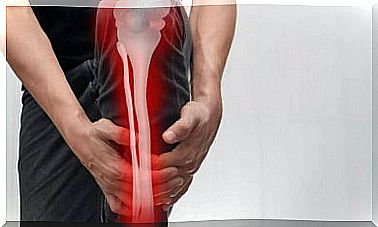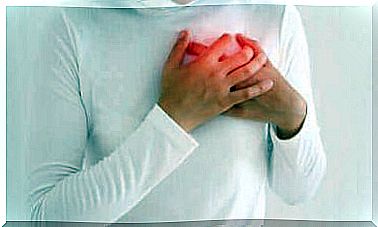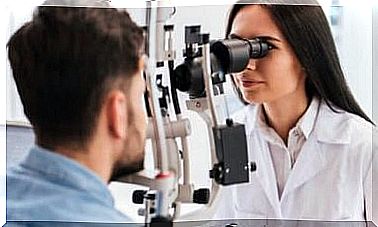Kidney Disease And 7 Warning Signs Of Its Onset
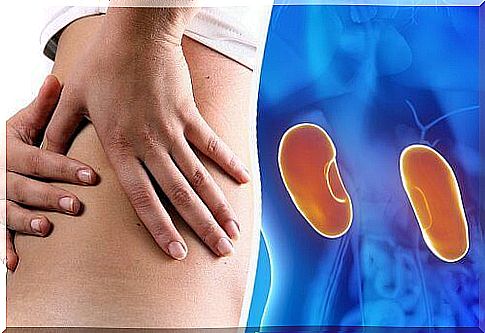
Kidney disease can come to anyone. The kidneys are an internal organ located behind the abdominal muscles parallel to your spine. Their proper functioning plays a very important role in the state of health as they are responsible for keeping electrolyte levels, blood pressure and fluids in balance.
Like all other systems in your body, your kidneys are at risk of infection and kidney disease.
Although kidney disease is not very common, it is difficult to diagnose because there are usually no symptoms in the early stages of kidney disease. The only way to accurately identify the disease is through blood and urine tests.
However, there are also some physical signs that can speak of the development of an abnormality.
Below we describe the seven most common warning signs of kidney disease. Do not hesitate to consult a doctor if you suffer from them.
1. Severe fatigue

Chronic fatigue is the result of your body having difficulty transporting oxygen to your cells through the bloodstream. This problem can be caused by a developing kidney problem.
The kidneys play an important role in the production of red blood cells and if their condition deteriorates, they will no longer produce enough of them.
2. Itchy skin
Your kidneys remove many of the toxins that have entered the bloodstream with your urine.
When kidney disease is diagnosed, they do not function properly and waste products accumulate in the tissues. In this case, it is normal to feel an itching or tingling sensation under the skin.
3. Swelling
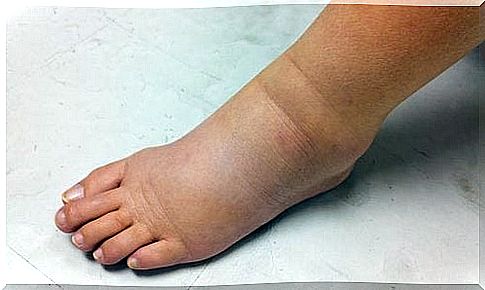
Fluid retention or edema is one of the most obvious signs of kidney disease. Although edema can be caused by many different factors, the problem of kidney function is one of the most common causes.
The kidneys control the body’s water and sodium levels and dysfunction prevents them from staying in balance. Symptoms of edema may also occur if the protein content of the urine is significantly higher than normal. This disorder is known as nephrotic syndrome.
The swelling is usually concentrated in the area of the legs and ankles, but can sometimes also occur in the hands, face, and other parts of the body.
4. Anemia
Symptoms suggestive of anemia may be an indication that kidney disease is progressing to more severe levels.
Your kidneys are responsible for producing a hormone called erythropoietin, which stimulates the production of red blood cells in the bone marrow.
Because erythropoietin production may be impaired in cases of severe renal impairment, red blood cell counts may be significantly reduced, leading to chronic anemia.
5. Back pain

Lower back pain can be a sign of possible kidney disease, especially in the older population. Although not a particularly common symptom, back pain can still occur if you have developed kidney stones or urinary tract infection.
When back pain due to kidney disease occurs, the disease is usually already advanced and other symptoms such as difficulty urinating or a burning sensation are also noticeable.
It is important to distinguish this symptom from muscle pain, as back pain is a symptom that can be key to detecting kidney disease.
6. Changes in urine
In order to identify the warning signs of kidney problems, it is important to distinguish what kind of urine is produced by healthy and diseased kidneys.
When the kidneys are symptomatic, the following may occur:
- You have a greater need to urinate at night.
- Your urine is foamy or bubbly.
- Your urine is dark and smells bad.
- You produce more very pale colored urine than before.
- You have difficulty urinating more than four times a day.
- Urinary inconsistency.
- You will notice blood in your urine.
7. Bad breath

For ammonia, foul-smelling breath and a metallic taste in your mouth can be caused by the accumulation of toxins in your bloodstream when your kidneys malfunction. This unpleasant symptom can be difficult to control, even if you take good care of your oral hygiene.
Although the above symptoms may be due to a number of reasons, it is good to make sure that the symptoms are not caused by kidney disease.
See your doctor if you experience these symptoms and ask for appropriate tests to make sure everything is okay.



